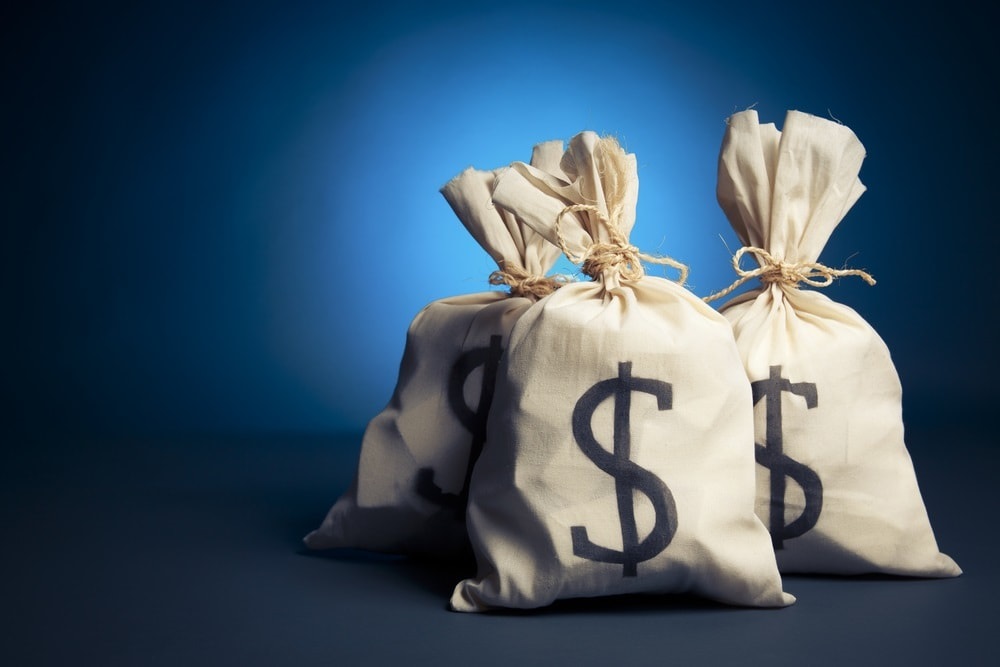This article was republished with permission from Michael Volkov’s blog, Corruption, Crime & Compliance.
The SEC finished with the last nail in GSK China’s coffin by announcing a $20 million FCPA settlement for GSK’s violations in China.
The Justice Department declined to prosecute this case. In 2014, a Chinese court fined GSK $490 million for domestic bribery. GSK’s former China executive was given a three-year suspended sentence and deported. A number of Chinese nationals were given prison sentences of between two and four years.
The SEC’s action relied on some of the same conduct that formed the basis for China’s bribery enforcement action.
Between 2010 and 2013, GSK handed out to health care professionals and medical officials large amounts of gifts, improper travel and entertainment with little or no educational or training purpose, as well as shopping excursions, family and home visits and cash. The costs associated with these payments were recorded in GSK’s books and records as legitimate expenses.
GSK implemented a strategy to confer improper benefits on health care professionals and medical officials in order to increase sales of GSK products. The illegal program was supervised and operated by senior marketing and sales managers at GSK China, and condoned by regional and district managers.
GSK employed over 700 travel agencies to assist in the bribery scheme, using traditional tools for promoting bribery, including inflated and fake invoices. GSK spent $225 million on travel and planning services. GSK determined through test sampling that approximately 44 percent of the sampled invoices were inflated and approximately 12 percent were for events that did not occur.
GSK’s scheme was carried out through wholly owned subsidiaries and a joint venture owned 55 percent by GSK and 45 percent by a government-owned entity.
GSK had no controls in place to ensure that speaker fees were paid to health care professionals for authorized and legitimate speaking engagements. There was no system that verified the actual identity of a speaker.
Approximately $2.2 million of the total of $17 million spent on speaker fees in 2012 could not be confirmed as being spent on a verified health care professional.
GSK also engaged a local vendor to facilitate a national marketing program to provide tools to promote the storage of vaccines. The project was used, however, to funnel gifts, laptops, tablets and other electronic items to health care professionals. GSK spent approximately $2.3 million on this effort.
During this three-year period, internal audit and compliance reviews identified control deficiencies and evidence of improper payments. GSK failed to respond to these deficiencies and address the problem in China.
GSK’s remedial efforts have been ongoing since the problems were first discovered in 2013. In fact, the China investigation spurred GSK to make a number of changes to its global practices, including the elimination of most payments to doctors, including speaker fees, and altering the compensation structure to eliminate sales incentives based on the number of prescriptions generated.
GSK also enhanced its global risk assessment process, strengthened its monitoring and risk assessment tools and expanded its global compliance organization.
The SEC required GSK to submit regular reports on the status of its remediation and implementation of compliance measures.



 Michael Volkov is the CEO of The Volkov Law Group LLC, where he provides compliance, internal investigation and white collar defense services. He can be reached at
Michael Volkov is the CEO of The Volkov Law Group LLC, where he provides compliance, internal investigation and white collar defense services. He can be reached at 




